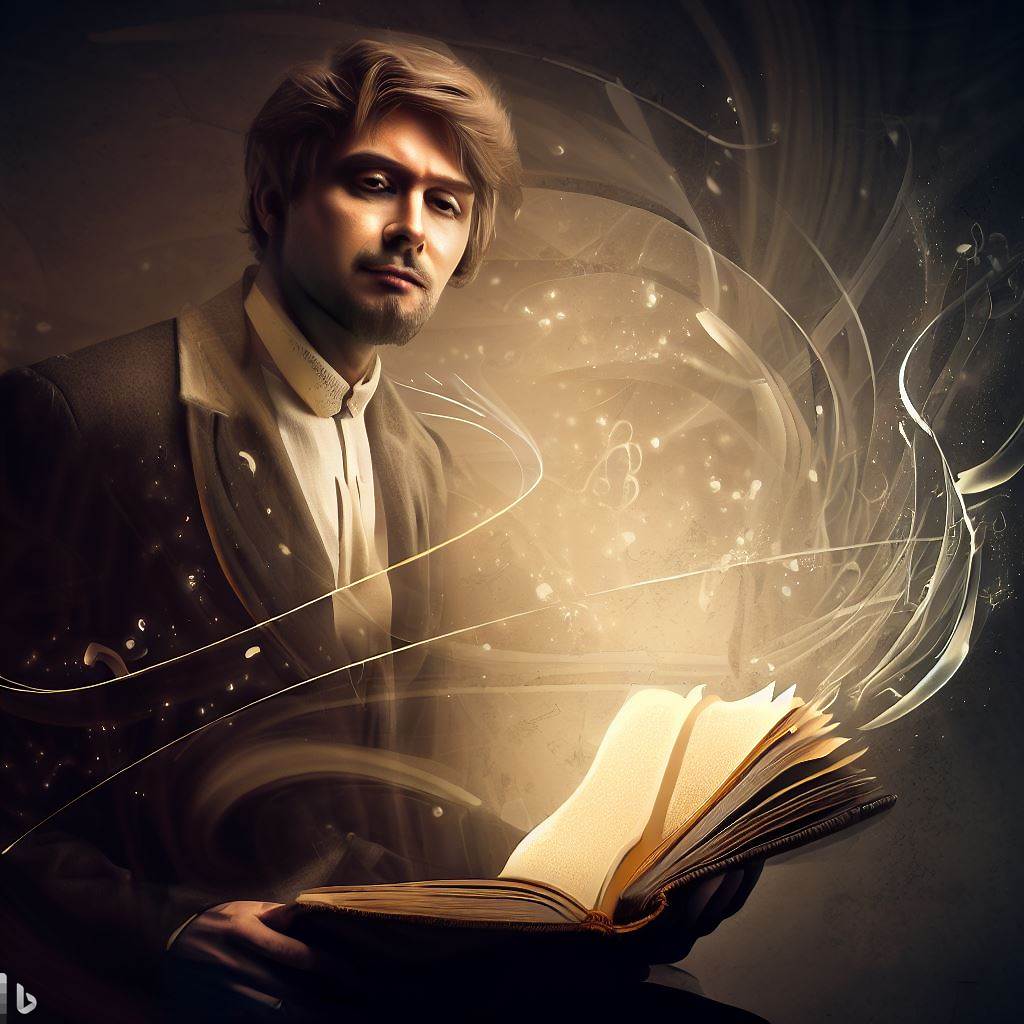
Introduction
Classic literature and music share a powerful bond, two art forms intertwined in their ability to express the vast spectrum of human emotions and experiences. It’s no surprise, then, that great works of literature have often been the source of inspiration for many a musical composition. Whether they draw from the drama of epic tales, the depth of philosophical musings, or the delicate intricacies of romantic narratives, these compositions serve as a testament to the enduring influence of literature on music. Let’s embark on a fascinating journey to explore seven iconic compositions whose roots lie in classic literature.
Understanding the Synergy Between Literature and Music
What exactly draws composers to classic literature? It might be the vivid imagery, the profound themes, or the rhythm inherent in the written word. By drawing upon literary works, composers can introduce a new dimension to their music, elevating it beyond a simple auditory pleasure to become a deep, emotional journey.
7 Iconic Compositions Inspired by Classic Literature
Below are seven of the most iconic compositions that owe their genesis to the captivating world of classic literature.
1. “Romeo and Juliet” – Sergei Prokofiev
Inspired by Shakespeare‘s tragic romance, Prokofiev’s ballet captures the heart-wrenching narrative through emotive and dramatic musical themes. The composer brilliantly translates the young lovers’ passion, the family feud, and the ensuing tragedy into a powerful musical narrative.
2. “Peter and The Wolf” – Sergei Prokofiev
Another masterpiece by Prokofiev, “Peter and The Wolf” is a musical symphony designed as a children’s introduction to orchestral instruments. The narrative, a Russian children’s tale, is vividly brought to life through different instrumental voices that represent each character.
3. “The Rite of Spring” – Igor Stravinsky
While not directly inspired by a specific piece of literature, Stravinsky’s controversial ballet was deeply influenced by the Russian folk tales and legends he grew up with. The tumultuous music parallels the primitive and brutal themes found in these stories.
4. “Symphonie Fantastique” – Hector Berlioz
This programmatic symphony was heavily influenced by the Romantic literature that Berlioz admired, especially Goethe’s “Faust.” The music tells the story of an artist’s self-destructive passion for a beautiful woman, with an intensity that mirrors the emotional turbulence of many a Romantic literary hero.
5. “War Requiem” – Benjamin Britten
Britten’s “War Requiem” is interspersed with the war poetry of Wilfred Owen, creating a poignant commentary on the horrors of war. The text and the music together deliver a powerful message of peace and the futility of war.
6. “Don Quixote” – Richard Strauss
Strauss’s tone poem is a musical depiction of Cervantes’s novel about the knight-errant Don Quixote. Each movement portrays a different episode from the novel, and the music skillfully reflects the narrative’s blend of humor, pathos, and nobility.
7. “Pelleas et Melisande” – Claude Debussy
Debussy’s only completed opera, based on Maurice Maeterlinck’s symbolist play, showcases the composer’s unique harmonic language. The ethereal music perfectly conveys the dreamlike, tragic love story.
The Influence of Classic Literature on Music: A Perennial Relationship
The bond between literature and music continues to flourish, as each generation of composers finds new inspiration in the timeless tales and themes that classic literature offers. From operas and symphonies to contemporary pop songs, the impact of literature on music is as profound as it is widespread.
FAQs
Q: Are all music compositions inspired by literature?
Not all, but a significant number of compositions are indeed inspired by literary works, especially in classical and programmatic music.
Q: Can I understand the music better if I read the associated literature?
Absolutely. Understanding the literary inspiration behind a piece can enhance your appreciation of the music and offer deeper insights into its thematic and emotional content.
Q: Are there contemporary compositions influenced by literature?
Yes, numerous contemporary musicians and songwriters often cite literary works as a source of inspiration for their lyrics and themes.
Q: Does music influence literature in any way?
Indeed, the relationship between literature and music is reciprocal. Just as literature has inspired music, the rhythm, mood, and themes of music have also influenced many writers and poets.
Q: What other art forms influence or are influenced by literature?
Literature has a wide-reaching influence, impacting various art forms like film, theatre, visual arts, dance, and even video game narratives.
Q: Are there any online resources where I can learn more about this topic?
You can explore websites like Project Gutenberg for free classic literature, or use music streaming platforms to listen to compositions inspired by these works. Online articles and academic papers can also provide more in-depth analysis.
Conclusion
The profound impact of classic literature on music bears witness to the interconnectedness of all forms of artistic expression. As we explore the depths of these seven iconic compositions, we are drawn deeper into the richness of their literary origins. It’s a fascinating reminder of how a captivating narrative or a poignant poem can transcend its medium to inspire and influence music, creating a symphony that resonates with the human experience. Music and literature, together, prove that the language of art is indeed universal.